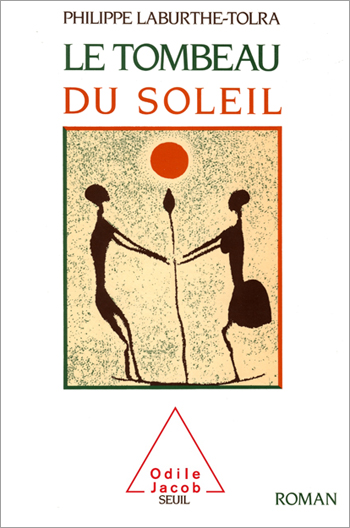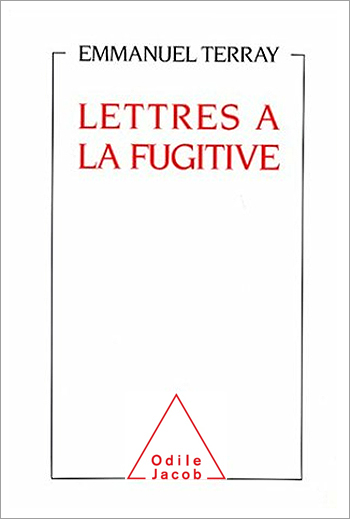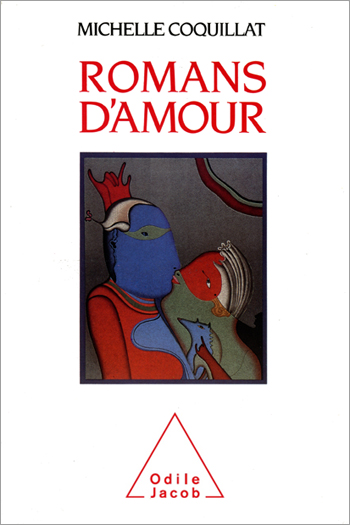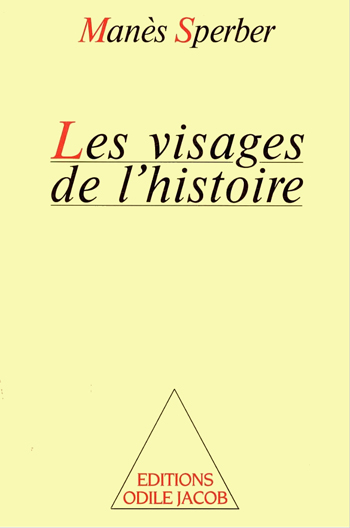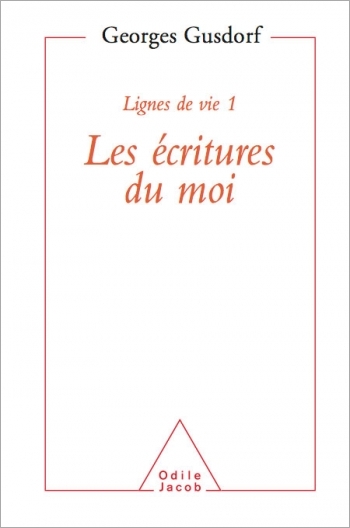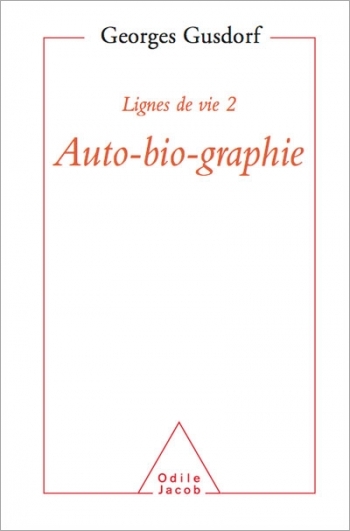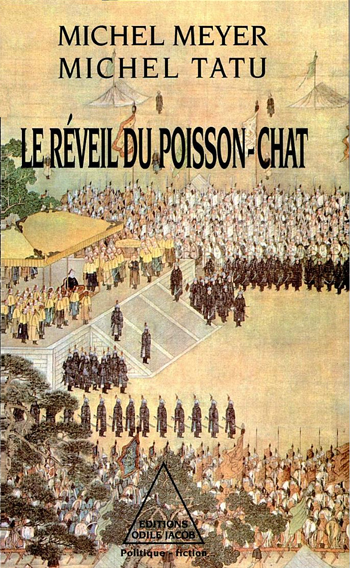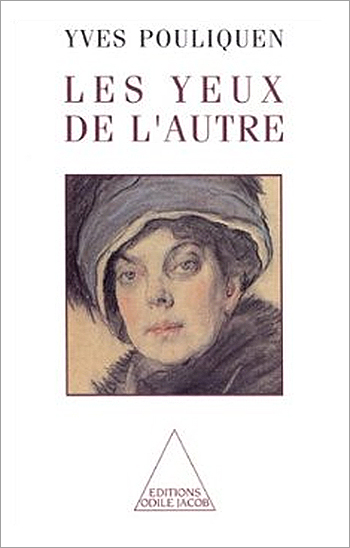Art and Literature All books
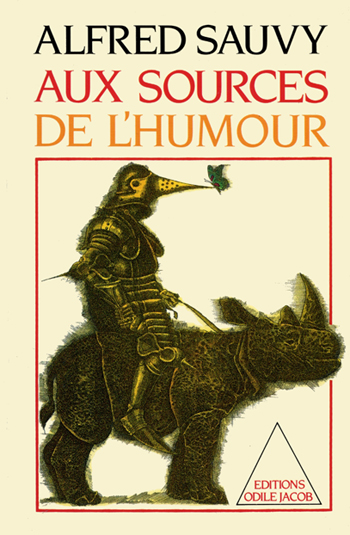
Alfred Sauvy
The Sources of Humour
With a view as encyclopedic as it is malicious, Alfred Sauvy invites us to journey through centuries and cultures in search of that eternal antidote to sadness and pedantry: humor. Faithful to his own voice, the author voluntarily leaves the floor to the humorists and offers us a pivotal reference work that combines erudition with an anthology that is full of alacrity. Alfred Sauvy (1898-1990) was a professor at the Collège de France, created and directed the Institut de Conjoncture, and later the National Institute of Demographic Study. Member of the Economic and Social Council of Paris, he was a longtime representative of France at the United Nations.
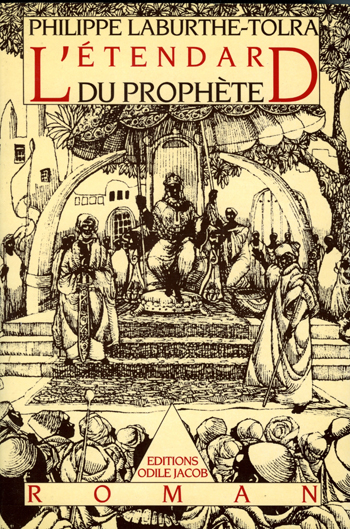
Philippe Laburthe-Tolra
The Standard of the Prophet
Philippe Laburthe-Tolra presents us with a great ethnographical and historical novel in search of black Islam of the early 1850s. His wandering narrative of love affairs, political intrigue and religious mysticism revives the culture of a people before colonization.
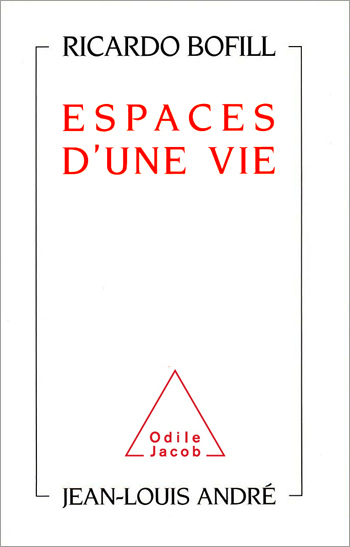
Ricardo Bofill, Jean-Louis André
Life's Spaces
Catalonian Ricardo Bofill is probably today's most famous and most controversial architect. In this book, illustrated with sketches and outlines, written directly in French with the help of journalist J.-L. André, he reveals an analysis of his art and an invitation to read the city.
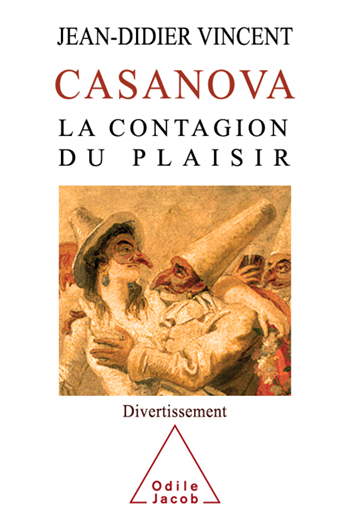
Jean-Didier Vincent
Casanova - The Diseases of Pleasure
J.-D. Vincent, author of The Biology of Passions, now turns his energetic eye upon the famous Venitian adventurer of the 18th century, whose Memoirs are strangely peppered with glorious descriptions of his diseases: no less than eleven small poxes for a multitude of conquests...
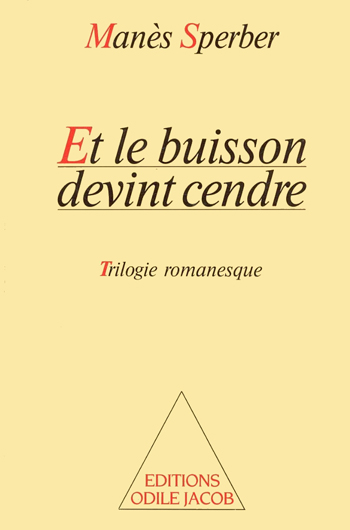
Manès Sperber
And the Bush Became Ashes
Novelist, essayist, and philosopher Manès Sperber is a major witness of the twentieth century. Born in 1905, he became the closest disciple of Adler, a Viennese psychologist known for his rejection of psychoanalysis. Driven from Berlin by the Nazis in 1933, he definitely broke with communism during the 1937 Moscow trials and established himself in the Parisian intellectual circles of Malraux, Camus, Koestler and Aron. Recognized in German countries as a major writer, his work has received many literary prizes. By publishing his three novels in one newly translated volume, Odile Jecob proposes a reference edition of this epic.
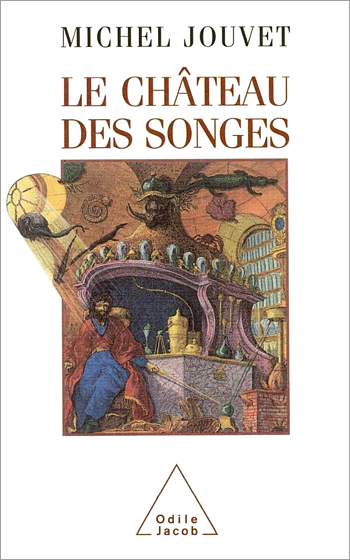
Michel Jouvet
The Castle of Dreams
Here is a novel written in the manner of the 18th century, intertwining fiction and science, meditation and reverie. M. Jouvet, a specialist in the neurobiology of dreams and a member of the Académie des Sciences, borrows the creative pen and documented dreams of Hughes la Scève, forgotten father of the science of sleep.
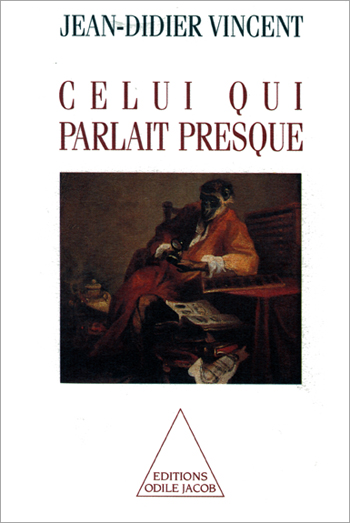
Jean-Didier Vincent
Celui qui parlait presque
When a rich English woman, a grouchy scientist, a bonobo monkey and a young man interested in religion meet together in a castle of Provence, what do they do? They talk. And what do they talk about? About the origins of life, the appearance of language, about the secrets of memory, or about the emergence of desire. Subtle and witty, J.-D. Vincent, a neurobiologist, author of The Biology of Passions, offers us here a defense and an illustration of material reason.
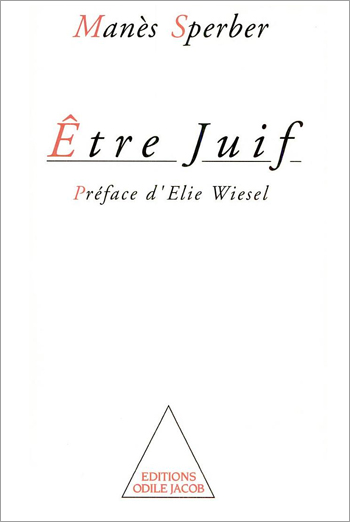
Manès Sperber
Being Jewish
A non-practicing Jew, Manès Sperber learned to read the Bible at the age of three and continued to re-read it until the end of his life. Neither religious, nor a militant Zionist, nor an aethiest, nor aligned with any cultural Judaism, he professes as his only faith a "religion of good memory." His is a Judaism lived as humanism and as an ethic, as a refusal of all idolatry, of exclusion of others, and a constant combat against hate of any kind. It is a profound attachment to the Israelite nation and a prudent attitude towards the State of Israel that Sperber illustrates in these brilliant essays prefaced by Elie Weisel, where analysis of Jewish thought and identity walk hand in hand with the eternal question: Why anti-semitism?

